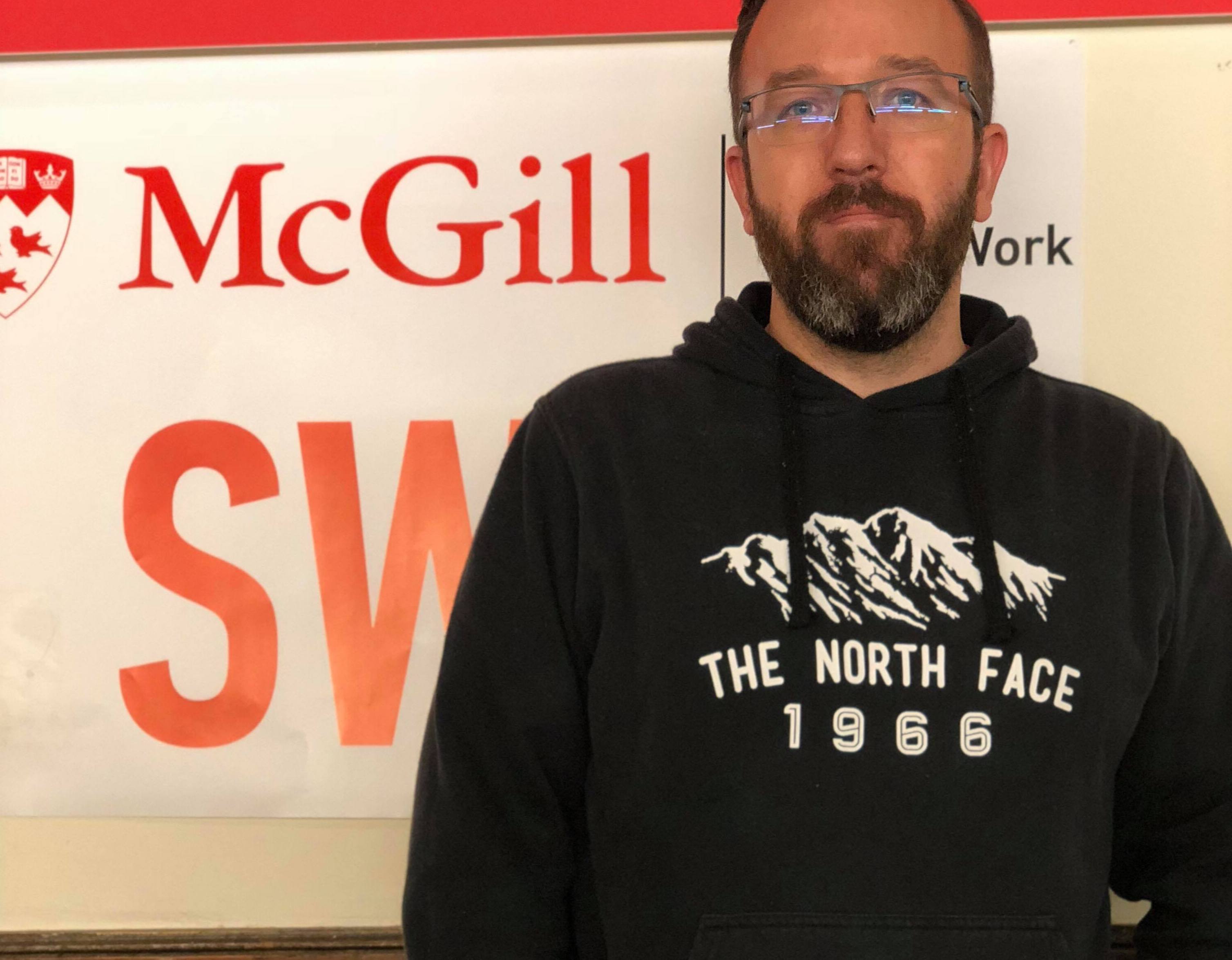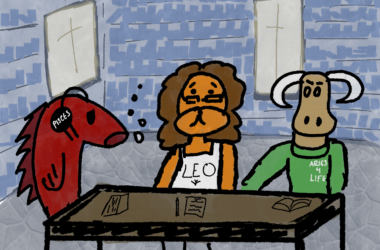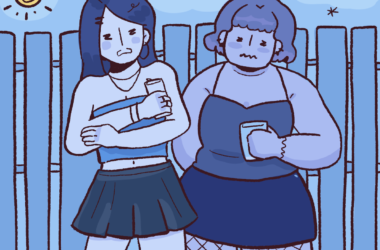In 2017, Canada saw 3,987 cases of opioid-related deaths, 72 per cent of which resulted from the use of fentanyl-laced drugs. Given these frightening statistics, Richard Davy, U1 Social Work, aims to raise the public’s still-limited awareness of the opioid crisis and naloxone, an antidote that can be administered in the event of an opioid overdose. Through his independently-run workshops, Davy hopes attendees will learn more about naloxone administration and that they will have the ability to prevent future opioid-related deaths.
Though his primary academic interests is mental health research, Davy was first inspired to pursue the project when volunteering in the Montreal area during the Fall 2018 semester. He first witnessed the destructive effects of the opioid crisis when distributing food to individuals living on the streets.
“I’ve been doing outreach work on the streets […] as a link to talk to people [and] refer them to services, […] and I started to see that there was this problem with overuse of opioids,” Davy said. “My major interest is around mental health, [and] I see addiction and drug use and misuse as a link back to mental health as a core concern.”
At each workshop, Davy begins by introducing the history of the opioid crisis. To reduce the stigma surrounding fentanyl overdoses, he also underscores the pervasive nature of the opioid crisis; he explains that, in addition to drug users, it afflicts children in homes where opioids are present. Because people of all ages and backgrounds are affected by the opioid crisis, Davy believes that it is imperative that more Montrealers are educated in naloxone use.
“This isn’t just an interest with the ‘other’ [disadvantaged communities] and this isn’t just about recreational drug users,” Davy said. “This is also about regular, middle-class people, who are taking […] opioids at home. Youth ages 14-24 […] use [prescription opioids] recreationally […] from parents or caregivers. [Since] this impacts everybody […], we all need to know how to use naloxone.”
Davy has naloxone kits available at the workshop and shows attendees how to use and administer the antidote. As part of this training, he also teaches guests the signs of drug overdose: Loss of consciousness, slowed or stopped breathing, and blue lips, among others. If attendees notice this reaction Davy advises administering naloxone.
So far, the workshops have been a success. At his most recent event on Nov. 7, Davy had 40 attendees, and he expects a much larger crowd for his upcoming event. To further spread Davy’s message, the Centre Des Jeunes (CJD) will be broadcasting the workshop on Nov. 16. At present, Davy has rented a room for 120 guests, but is hopeful that the turnout is even greater.
In the near future, Davy plans to expand the program across the greater Montreal area by collaborating with the city’s health administrators.
“I’m talking to [the] Jewish General Hospital and they’re talking about me coming and presenting to the doctors there,” Davy said. “We had a family physician come to the [last] presentation, and […] he really wanted [doctors] to learn more.”
Through this work, Davy hopes to empower attendees with the knowledge that can save lives. He sees naloxone accessibility and education as a necessity in the province: Under the Civil Code of Quebec, bystanders are under a legal obligation to help those in need. In the future, he hopes that the university takes greater steps to keep students safe such as making naloxone kits a part of standard first-aid kits and holding mandatory naloxone workshops as part of orientation events.
“I think we need to make it a part of our education curriculum,” Davy said. “We know that people are going to be using these opioids recreationally and we know that people are using them under prescription, [so], if people are going to use them, they should use them safely.”









